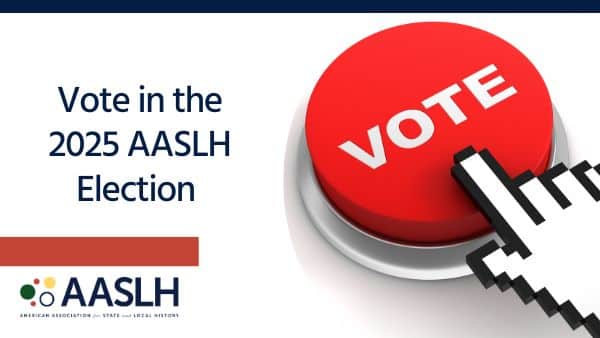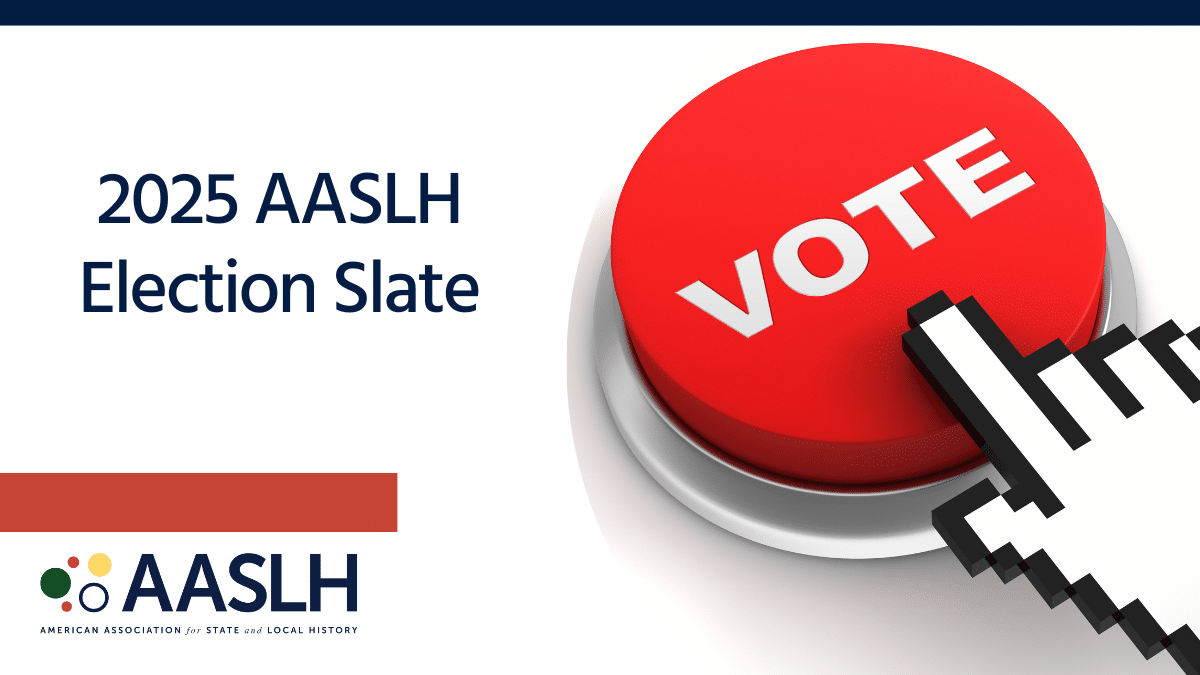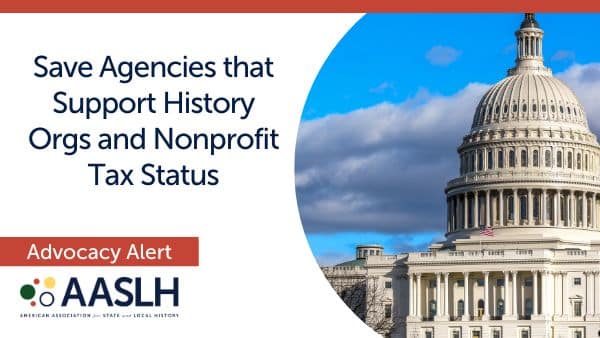
Note from blog editors: Sean Kelley and a panel presented a session at the 2016 AASLH Annual Meeting about the lies we tell at historic sites. It was one in a series of sessions about confronting uncomfortable topics. Below is an essay from Sean about another session that we as educators could learn from.
During the American Alliance of Museums conference in Baltimore there was a session called Mistakes Were Made. It was so popular that 150 delegates were turned away from the packed seminar room. INSITE asked the session’s Chair, Sean Kelley to tell us some of the take-home messages from the experience, and the article is reposted here with permission.
As museum professionals, we aren’t particularly good about admitting our mistakes. There is a reason for this, of course. We answer to our direct supervisors, to our boards of directors, to government institutions, to funders, and to the public we ultimately serve. It’s a landscape thick with potential criticism. But how many times have you sat in a professional conference, watching slide after slide of smiling children in beautiful exhibits and thought, “No way…tell me how it really went?”
I started chairing a session at the annual meeting of the American Alliance of Museums called Mistakes Were Made: Resources Squandered, Deadlines Missed, Stakeholders Alienated simply to introduce a different tone. The game-show format awards a trophy to the audience member who admits the biggest mistake, and the lesson it taught.
Contemplating mistakes helps us gather our thoughts and reflect on where, exactly, we went wrong. Admitting mistakes steels us against a repeat of the same error—the most painful of mistakes. These discussions allow others to gain from our painful experiences, and they encourage our colleagues to share their own cautionary tales for our benefit.
And admitting mistakes conveys confidence. I’ve been surprised by how many colleagues have declined the invitation to open the session with me by admitting a big mistake. They say it would reflect badly on them or their institutions. But I think they’re mistaken: a carefully-considered reflection on how things went wrong lets our colleagues know that we don’t see this as acceptable, and that we’re mature and disciplined professionals.
Or does it? I’ve noticed a second trend in the session. A handful of colleagues will delight in the ineptitude of their institutions. “We wasted a ton of money! You have no idea!”
Am I normalizing a lack of accountability in our field? That would be a mistake indeed.
You can also read David Reeves’ excellent paper on things going wrong here.



